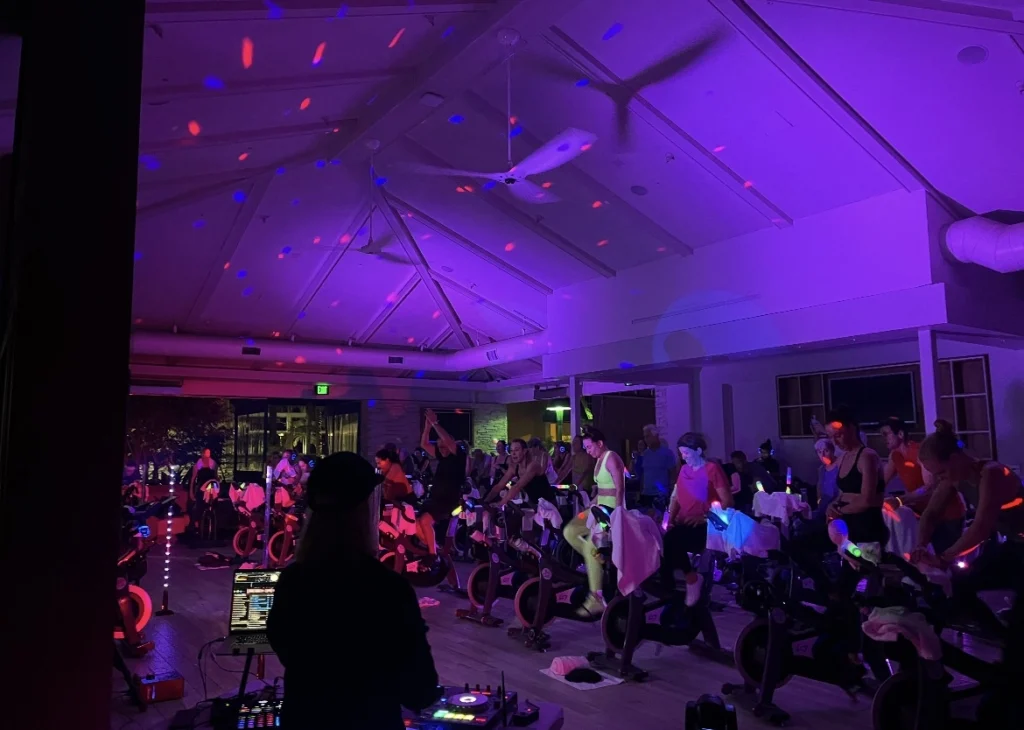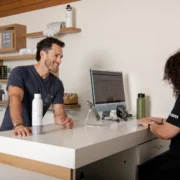Wellness is taking over the weekend as a growing number of Gen Z and Millennials ditch alcohol. Bay Club, a luxury fitness and wellness operator on the West Coast, is embracing the trend with open arms
The night out is changing. People are still looking for a release at the end of the week or even in the middle of it, but many are no longer chasing it at bars. They’re chasing it in cycle studios and meditation rooms, surrounded by like-minded strangers-turned-friends who would rather track their sleep than ruin it.
Bay Club vice president and general manager Penny Love calls it “wellness clubbing” (it’s also known as “soft clubbing”), a catch-all for pop-up social mixers that has crept into the fitness world fast and turned gyms and health clubs into the kind of social spaces that once belonged to nightlife.
It’s a shift she has seen accelerate across Bay Club, an operator of sports, recreation and active lifestyle clubs on the West Coast that’s backed by KKR and is expanding rapidly.
“This type of focus on wellness used to be confined to spas and retreats where people could go away for a day of beauty or a weekend retreat to renew their goals,” Love told Athletech News. “It has now been reimagined to apply to our daily routines.”
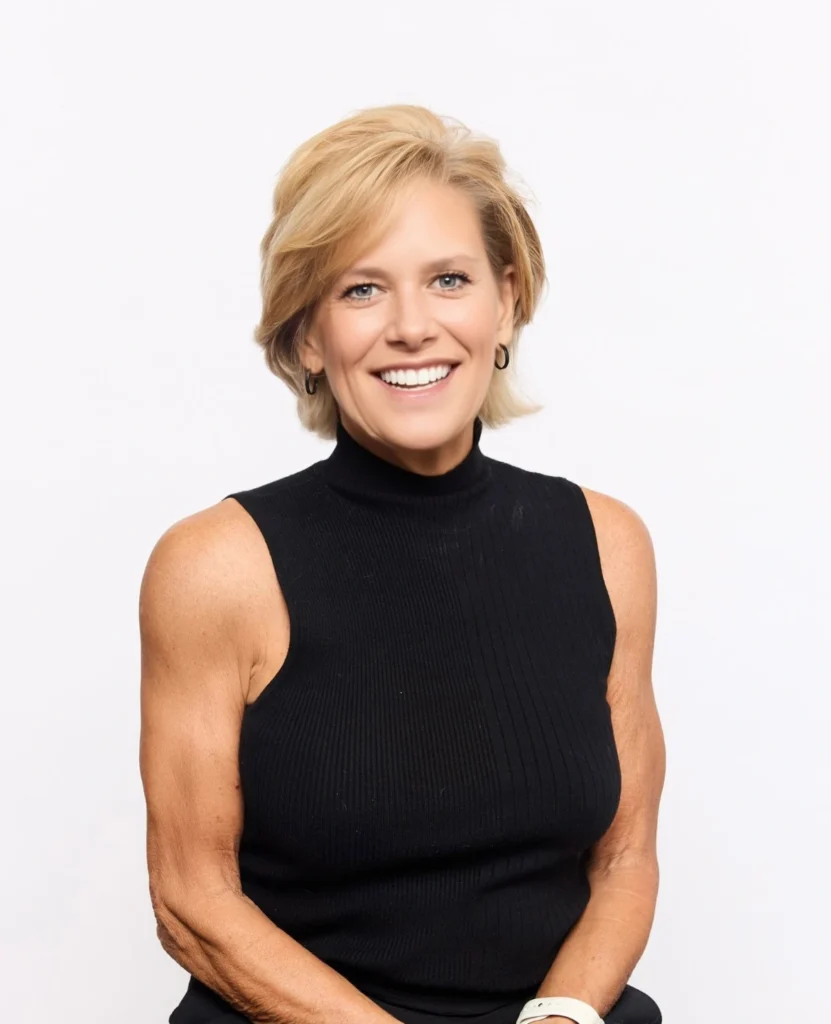
Bay Club leaned in early, hosting weekly pop-up classes such as Silent Disco Dance classes and Sound Bath Healing workshops, along with monthly themed events like October’s Silent Cycle Halloween Rave. Love pointed to Partner Yoga, Tai Chi massage workshops and Sound Bath Healing Meditations as formats that consistently fill.
“We offer fitness challenges where members and students can compete over the course of a week or month, in a friendly way, to meet their fitness goals, with prizes going to the winner’s charity of their choice,” she said. “Most classes are sold out as soon as the reservation window opens.”
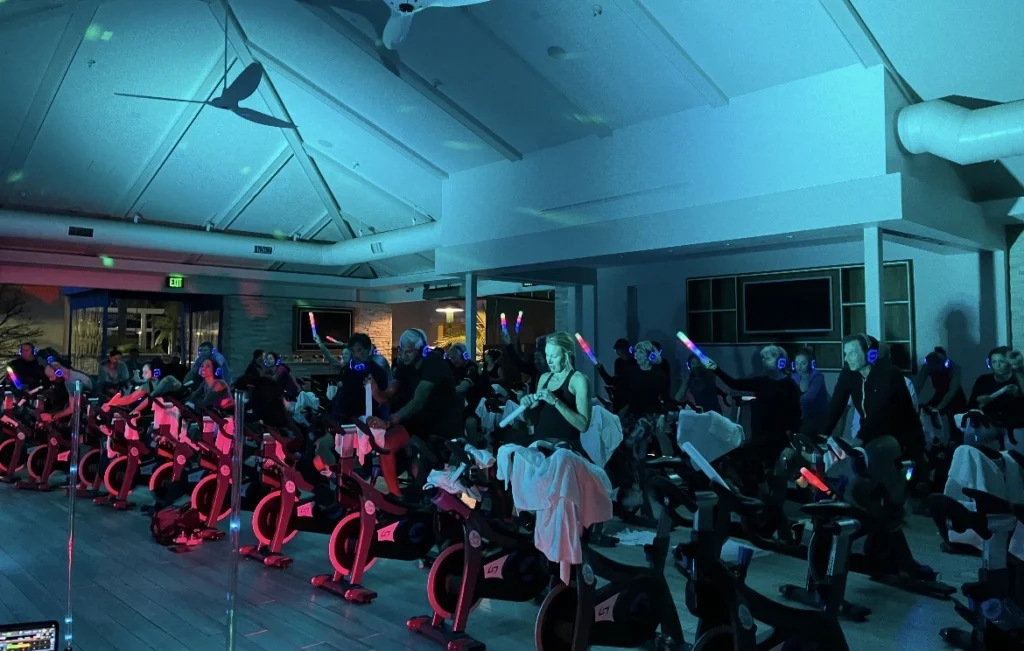
Bay Club members are encouraged to bring friends as guests, creating a social atmosphere that goes beyond the club’s immediate membership.
It also somewhat aligns with the company’s shared membership model, a unique feature that lets people build their own inner circle by joining with up to ten others on one membership.
The community piece is part of it, but the real driver is who’s showing up and why.
“It is definitely a cross-generational phenomenon,” Love said. “Both Gen Z and Millennials are over the ‘stay up all night’ model, which feels unaffordable and not worth it. Both generations are opting for more sustainable lifestyle choices and combining them to get the fun without the fatigue.”
The shift in priorities also shows up in what people are consuming when they socialize, and maybe more so in what they aren’t. While traditional nightlife relies on alcohol as the connector, Love notes that younger adults are choosing to optimize rather than unwind the old-fashioned way.
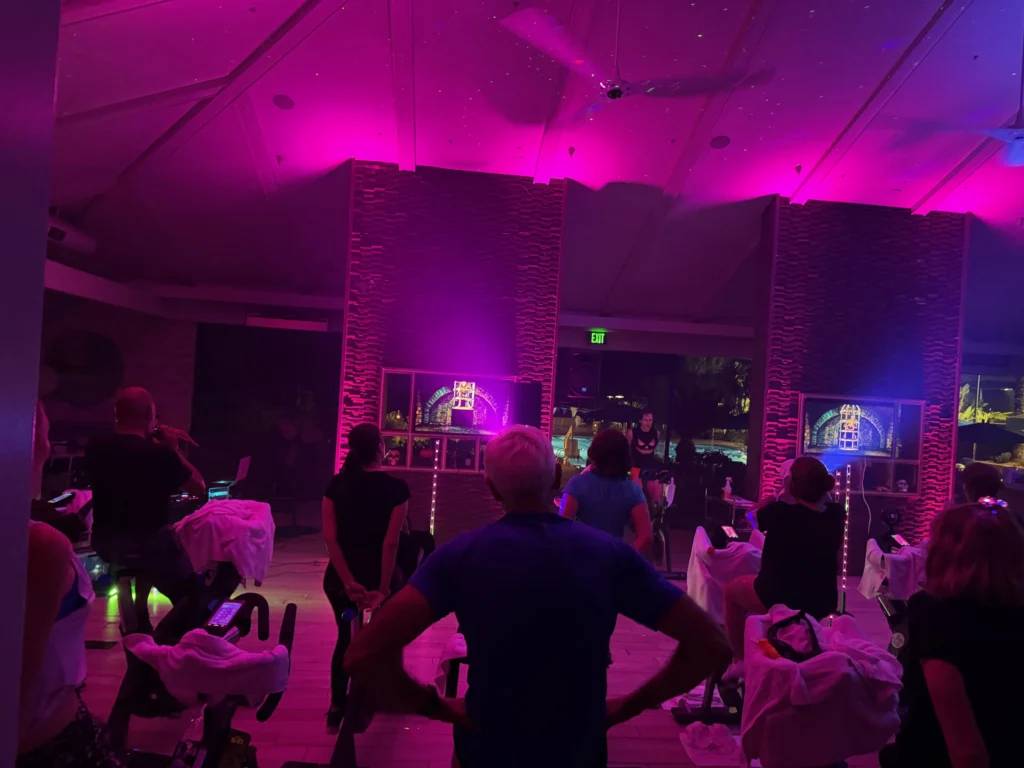
“Alcohol is definitely out, especially with Gen Z,” Love said, adding that she’s seeing the younger generation increasingly opt for energy drinks and protein smoothies instead.
“They are also into the upgraded add-ins to the smoothies — spirulina, creatine, collagen powder, bee pollen, chia seeds and maca,” she said. “This is fueled by the relatively recent trend in young adults to hack their fitness and health routines with devices like Whoop and other innovative sleep and fitness tracking apps.”
As alcohol consumption continues to drop and wellness becomes a bigger part of people’s identity, the night out edit gives gyms, studios and health clubs a new channel to attract consumers.
And according to Love, it has staying power.
“This fad is so much more sustainable than the party-all-night model that was prevalent pre-pandemic,” she said. “I believe that Gen Z is the innovator of this trend by default after the pandemic, and the Millennials are hopping on the wagon with a renewed goal of reinventing themselves through it.”


